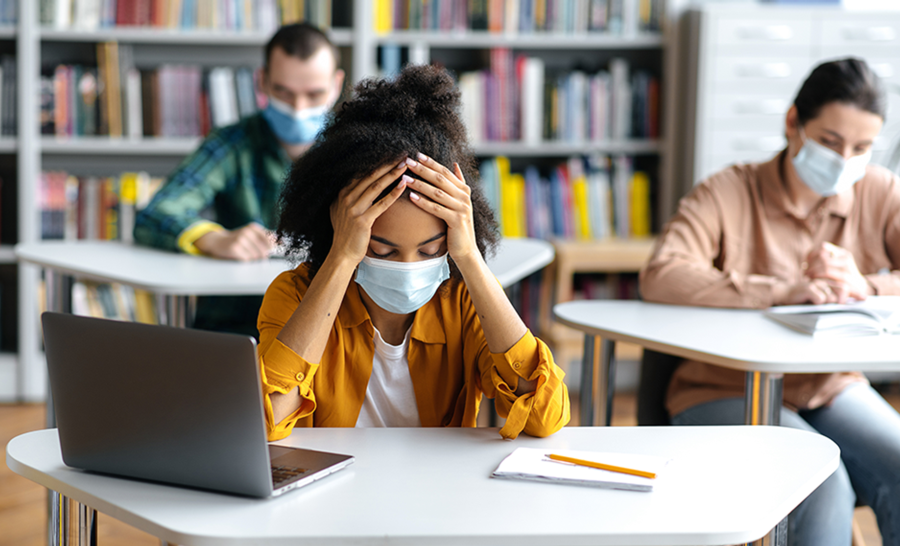Three Ideas for Post-Coronavirus Educational Recovery
There are many ways that schools can proactively address the inevitable and inequitable gaps caused by coronavirus-related school closures.
Helen Z. MacDonald / Journal of American College Health / January 2023

College students are experiencing pronounced mental health difficulties as a result of the COVID-19 pandemic. Little is known, however, about underlying risk and resilience factors contributing to students’ psychological health during this time. The current study examined mindfulness, resilience, coping, emotion regulation, and daily hassles as possible predictors of COVID-19 concern, psychological distress, and PTSD symptoms in a sample of college students. One hundred and thirty-five undergraduate college students participated in this study during the COVID-19 pandemic. Participants completed a series of self-report questionnaires. Risk and resilience factor hierarchical regression models were run separately to predict the three outcomes. Daily hassles, ethnicity, and first-generation college student status predicted greater COVID-19 concern; daily hassles and difficulties with emotion regulation predicted greater psychological distress; daily hassles, difficulties with emotion regulation, avoidant coping, and problem-focused coping positively predicted PTSD symptoms. Acting with awareness mindfulness and continuing-generation college student status predicted lower COVID-19 concern; acting with awareness mindfulness, nonjudging mindfulness, and resilience predicted lower psychological distress; acting with awareness mindfulness, nonjudging mindfulness, and resilience also predicted lower PTSD symptomatology. Identifying underlying factors associated with college students’ mental health during the COVID-19 pandemic may facilitate the development and implementation of targeted preventative interventions aimed at promoting well-being in this uniquely vulnerable population.